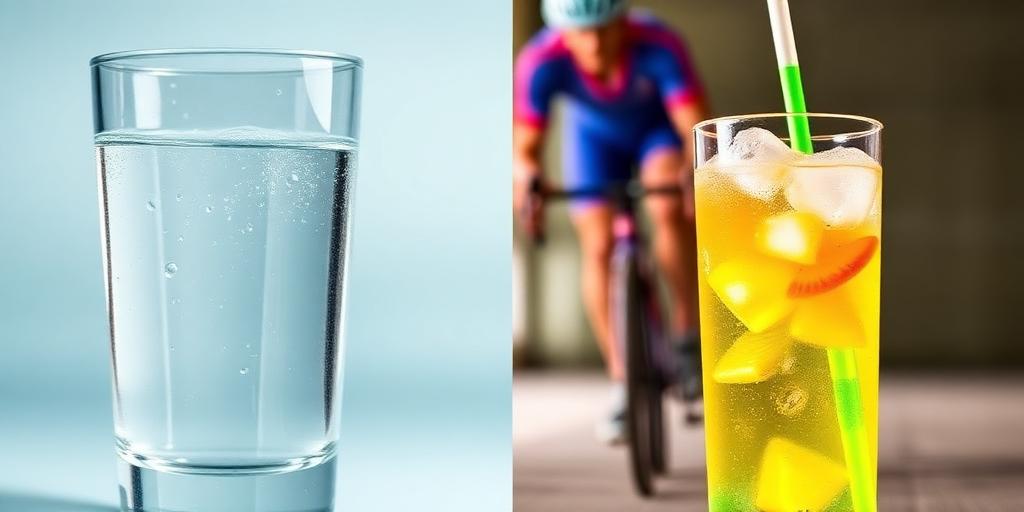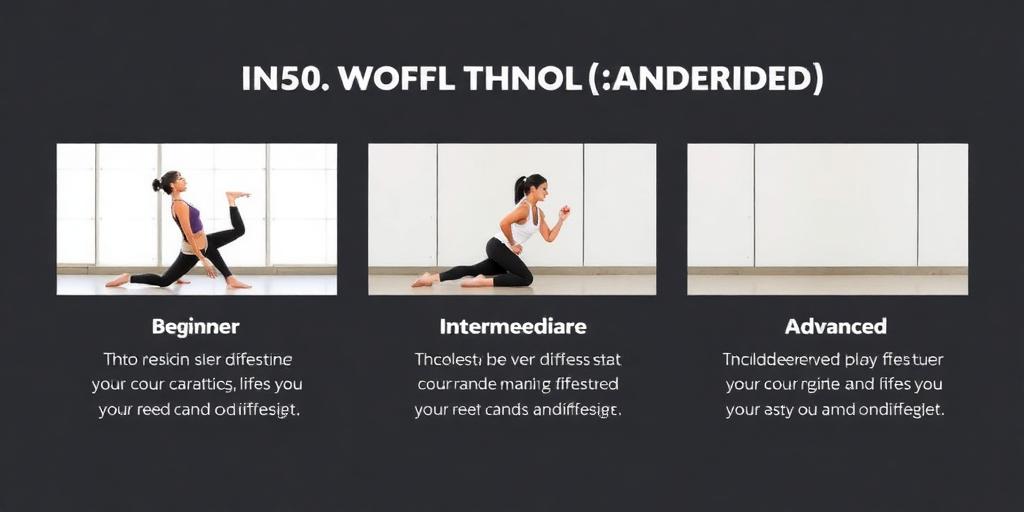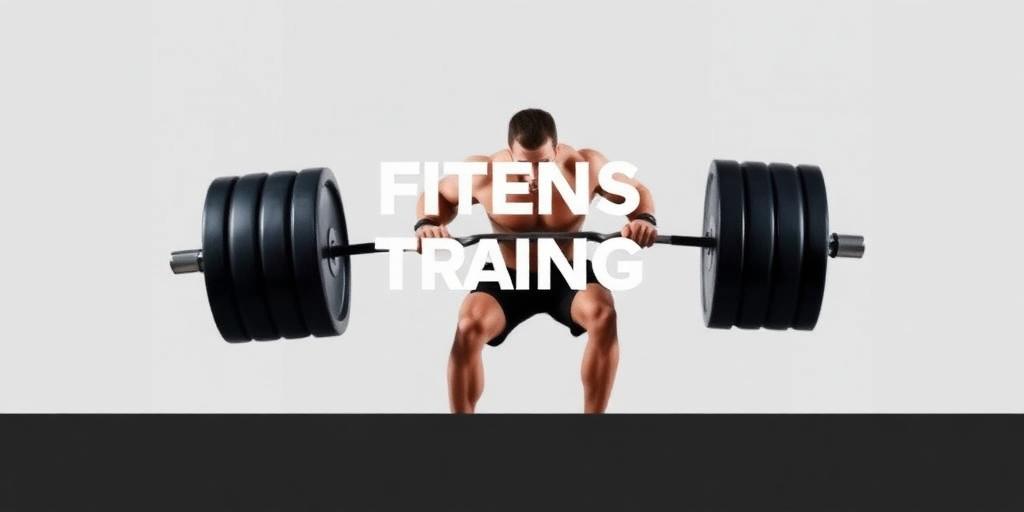Sports Drinks vs. Water: When to Choose Which
Staying hydrated is crucial for overall health and performance, especially when it comes to physical activity. Both water and sports drinks play a role in hydration, but they serve different purposes. Understanding when to choose each option can optimize your hydration strategy and maximize your results.
The Importance of Hydration
Before diving into the specifics, let's emphasize why hydration matters:
- Regulates Body Temperature: Water helps dissipate heat through sweat.
- Transports Nutrients: Water carries nutrients to cells, fueling your body.
- Lubricates Joints: Adequate hydration keeps joints flexible and reduces friction.
- Aids Digestion: Water is essential for breaking down food and absorbing nutrients.
- Supports Performance: Dehydration can lead to fatigue, muscle cramps, and decreased performance.
Water: The Foundation of Hydration
Water is the primary source of hydration for most individuals. It's essential for daily bodily functions and is usually sufficient for low to moderate-intensity activities.
When to Choose Water:
- Daily Hydration: Water should be your go-to beverage for everyday hydration needs.
- Low-Intensity Exercise: For workouts lasting less than an hour, water is generally sufficient.
- Cool Environments: When you're not sweating excessively, water effectively replenishes fluids.
- Short Activities: For brief activities like a leisurely walk or light gardening, water is adequate.
Sports Drinks: Beyond Basic Hydration
Sports drinks are designed to provide more than just hydration. They contain electrolytes and carbohydrates, which can be beneficial during prolonged or intense physical activity.
Key Components of Sports Drinks:
- Electrolytes: Sodium, potassium, and other minerals lost through sweat.
- Carbohydrates: Provide energy to fuel muscles during exercise.
- Flavorings: Encourage consumption and can make them more palatable.
When to Choose Sports Drinks:
- High-Intensity Exercise: When engaging in strenuous activities that cause significant sweat loss.
- Prolonged Workouts: For workouts lasting longer than an hour, sports drinks can help maintain energy levels.
- Hot and Humid Environments: When sweating profusely, sports drinks can help replace lost electrolytes.
- Endurance Events: Marathon runners, cyclists, and other endurance athletes benefit from the electrolytes and carbohydrates in sports drinks.
- Electrolyte Imbalance: If you're experiencing muscle cramps or dizziness due to electrolyte depletion, sports drinks can help restore balance.
Potential Drawbacks of Sports Drinks
While sports drinks can be beneficial in certain situations, they also have potential drawbacks:
- High Sugar Content: Many sports drinks contain high amounts of sugar, which can lead to energy crashes and weight gain.
- Unnecessary Calories: If you're not engaging in intense activity, the extra calories from sports drinks can contribute to weight gain.
- Artificial Ingredients: Some sports drinks contain artificial colors, flavors, and sweeteners, which may be undesirable for some individuals.
- Dental Health: The acidity and sugar content of sports drinks can contribute to tooth decay.
Making the Right Choice
Choosing between water and sports drinks depends on the intensity and duration of your physical activity, as well as environmental factors. Water is the foundation of hydration and is suitable for most everyday activities. Sports drinks can be beneficial during intense or prolonged exercise, especially in hot environments, but should be consumed judiciously due to their potential drawbacks.
By understanding the roles of water and sports drinks, you can make informed decisions about your hydration strategy and optimize your health and performance.









